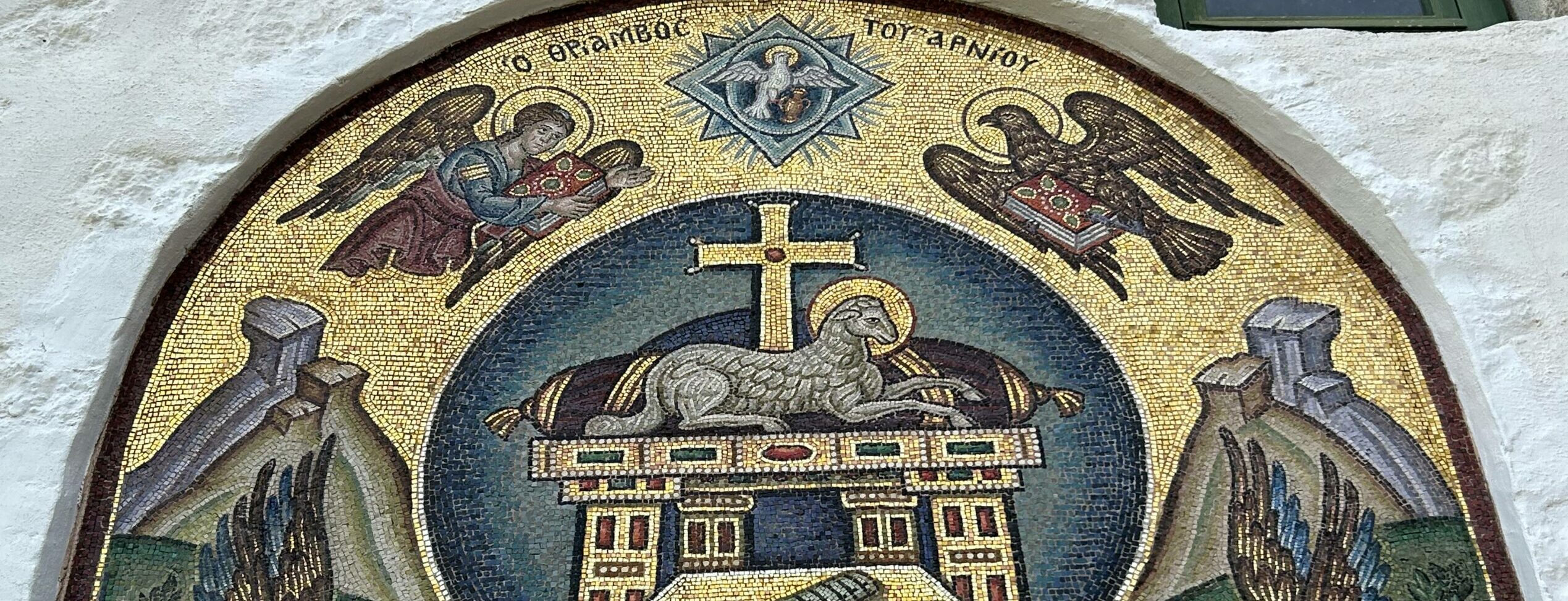One of the more common heresies over the last 50 years goes something like, “Jesus discovered His vocation at His baptism.” Of course, that denies the Divinity of Christ. But a reader recently told me about the opposite heresy she came across. She saw that I recently said on social media that I do not read Private Messages (PM) or Direct Messages (DM.) So, she saw my email is on my Donate page.
She wrote:
Hello Father Nix. I enjoy your posts and podcasts
I just saw your recent Facebook post regarding social media messages. I had sent you the following message on April 26. I’d like your input because a friend said something that has me puzzled. I tried to respond but she was insistent that she was correct.
Thank you for your witness and vocation.
This is what my friend said:
“Jesus emptied himself of his divine power at His baptism to become a slave for us, completely like us except for sin. This showed what we could do in the power of the Holy Spirit because the Holy Spirit enabled Him to perform miracles. It was because Jesus’ humanity was overpowered by the Holy Spirit that he was able to do miracles. “
God bless you,
C
I replied:
Dear C,
Thanks for writing. What your friend wrote is an old heresy found in heretics against the early Church. It’s just re-worded in charismatic ways. We know it’s wrong for many reasons, but the easiest to prove is John chapter 1:
In the beginning was the Word, and the Word was with God, and the Word was God. He was in the beginning with God. All things were made through Him, and without Him was not any thing made that was made.
The Divine Word in the above opening verses of St. John’s Gospel is obviously Christ. When He became man, He never stopped ceasing being God. In fact, He remained God in heaven and God on earth. Thus, to ascribe a time when His humanity stopped being in union with His Divinity is a total and blasphemous heresy. St. Augustine and St. Thomas teach that God the Son remained God the Son in heaven, even as He walked the earth as the God-man.
There’s a small truth to your friend’s sentence, and it’s that Christ chose to take upon Himself the normal weaknesses of humanity (in everything but sin) but even in that the Fathers are clear: He was free of concupiscence and even some other bodily disorders that most of us face. (This is not docetism, but the Fathers.) At His crucifixion, Christ of course physically felt all the pain of the two thieves near him (in fact so much more due to the perfect integration of his soul and body and of course the reason that He carried on top of the pain of the crucifixion all the sins of the whole world) so your friend is correct that Christ emptied Himself as He chose to be weak and even die in the crucifixion, to make us strong and live forever.
But the notion that “Jesus emptied himself of his divine power at His baptism” is a heresy and blasphemy because Christ never stopped being God. At times, He chose not to work miracles (usually due to man’s lack of faith in one city or another in Palestine at the time) but Christ’s power came from God the Son (Himself) just as much as God the Holy Spirit (who your friend references.) But to say Christ’s miraculous power on earth came from only God the Holy Spirit, not God the Son, is… bananas.
AMDG
Fr. David
Nota Bene. Even the Eastern Orthodox do not play silly games on Christ changing at His baptism, as Bishop Mar Mari makes clear towards the end of this video when he mentions “30 years” (the beginning of Christ’s public ministry):
